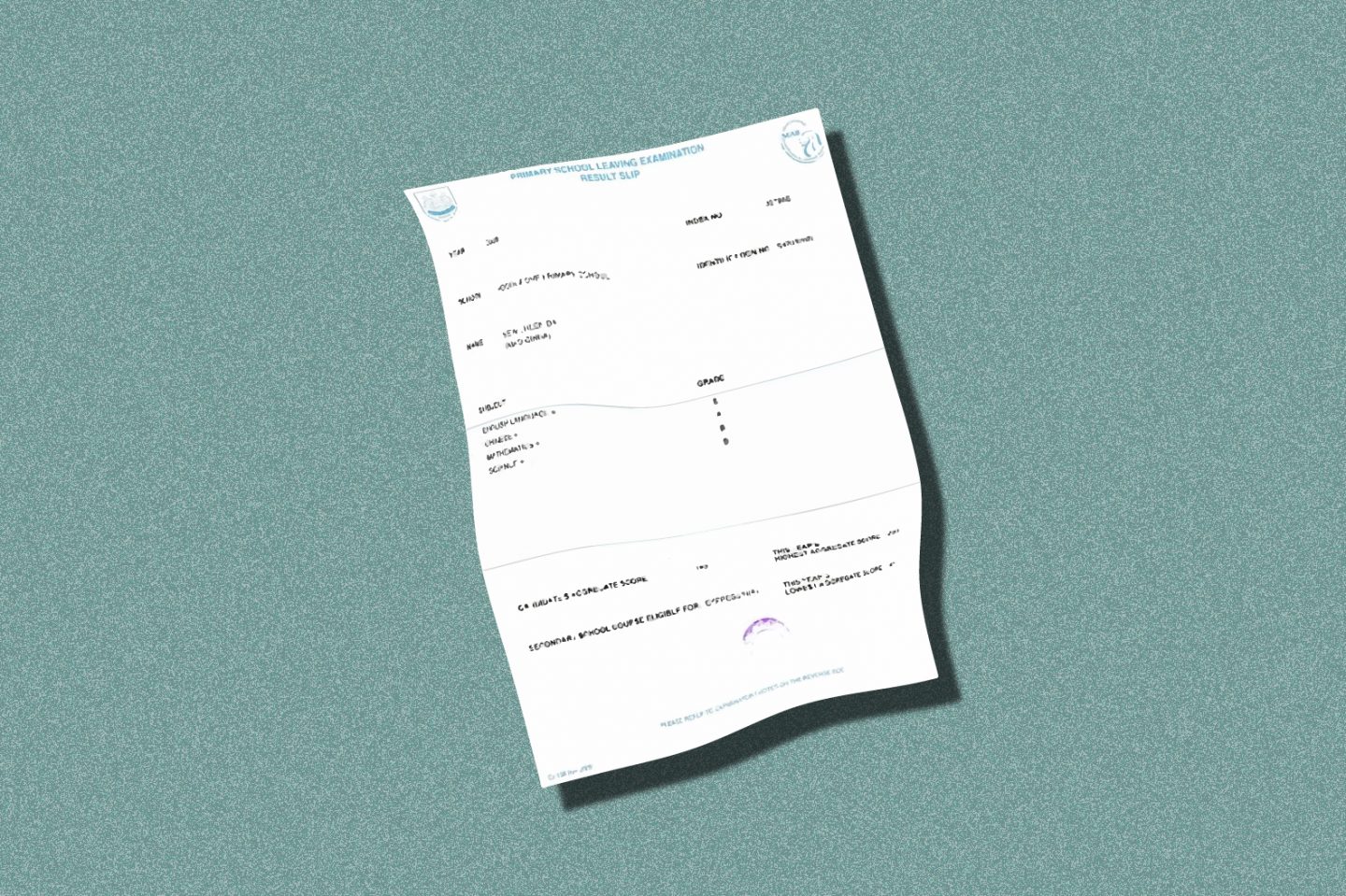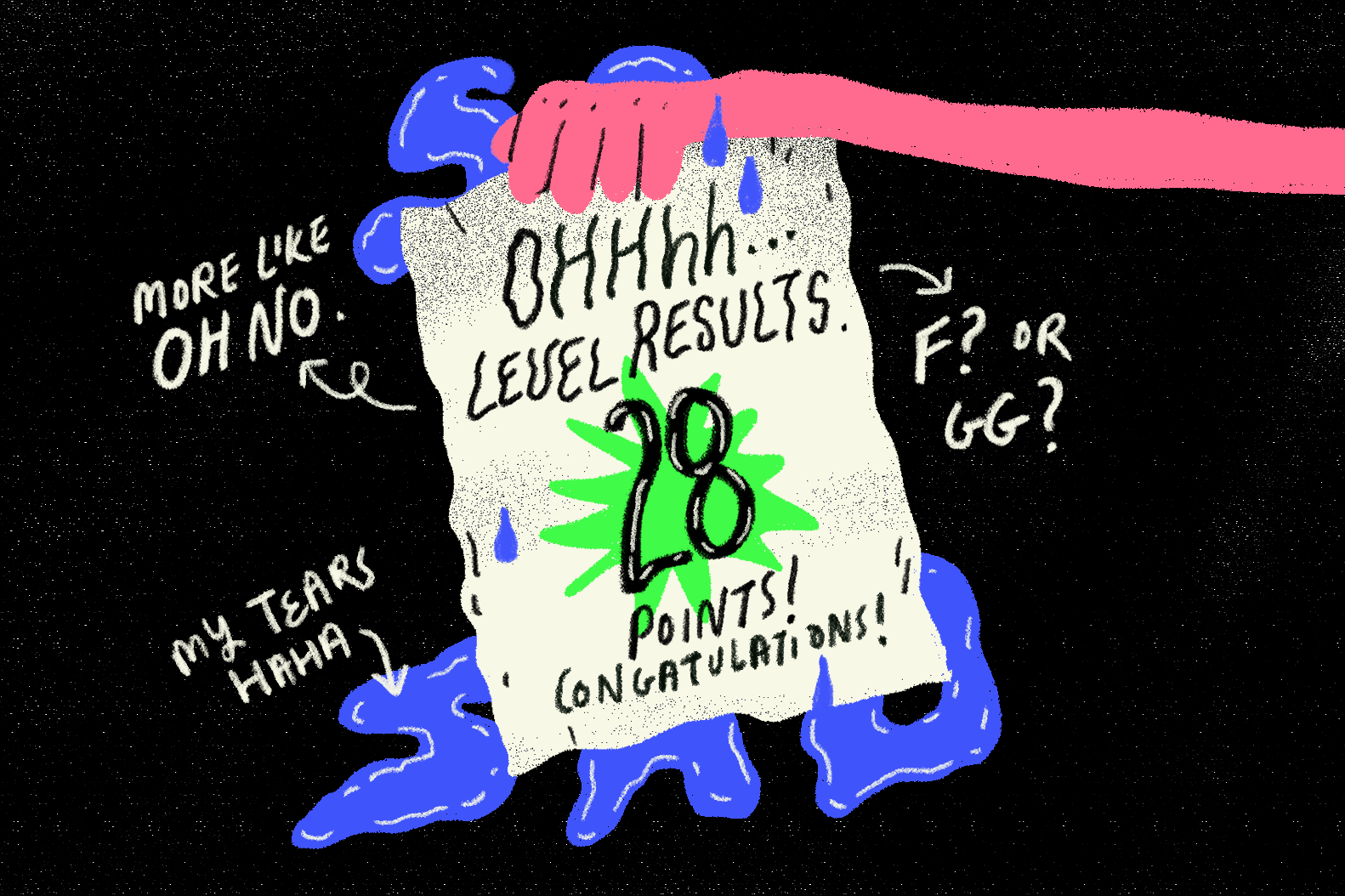The problem with PSLE results is that for every satisfied child, you have another told he’s not good enough.
The problem with PSLE results is you put a pricetag on a child who is priceless in the eyes of her Maker. (And so should she be in the eyes of her parents.)
The problem with PSLE results is the parents who love the affirmation of a good grade more than they love their child for who he is. And who, conversely, think a bad grade makes their child any less worthy of love.
The problem with PSLE results is you start kids on a ratrace which you assume they’ll be on for the rest of their life – but that doesn’t have to be the case. Rats race for cheese. Don’t make your kid chase after cheese. There are bigger goals, larger causes, greater needs.
The problem with PSLE results is you put a pricetag on a child who is priceless in the eyes of his Maker.
The problem with PSLE results is the Nintendo DS argument: The argument that what we accomplish, we do so for the material gain at the end of it. What happens when you have to compel your child to do something with no tangible reward awaiting immediately after? Surely there’s a better way to hone a child’s passion to excel without always resorting to dangling a lure? How much better to get wisdom than gold! (Proverbs 16:16)
The problem with PSLE results is that no 12-year-old should be labelled, humiliated, victimised and marginalised on the basis of a week’s worth of exams.
Exams are not evil. They help us take stock, they draw a bar that tells us if we’re developmentally on track.
The cancer is comparison. The pride that comes with a high grade. The shame that eats at the soul of the one with a lower T-score. The thinking that a boy is defined by which school’s badge he pins on his uniform, that the colour of a girl’s pinafore says anything about her worth.
The problem with PSLE results is the ascending scale of grades feeds the cancer of comparison – and what dies is a child’s self-esteem, identity, hope.
Parent, your child needs you more than ever at the point of a setback. How you respond will shape her self-worth. And if your child did well, tie your reward not to the grade but to your love for her.
(And don’t boast. What you call a kiasuparent, I call ugly.)
Child, you are good enough. Your grade doesn’t define you. Your score isn’t the sum total of your worth. Study harder next year if you need to, concentrate a bit more during class – but know that your identity and destiny are way too great to be spelt out by one exam.
But for now – it’s the holidays! Don’t look back – look forward. So go enjoy life, and be happy, young man, while you are young, and let your heart give you joy in the days of your youth (Ecclesiastes 11:9). Work as hard as you can, play as hard as you can, and leave the rest in God’s good hands.









